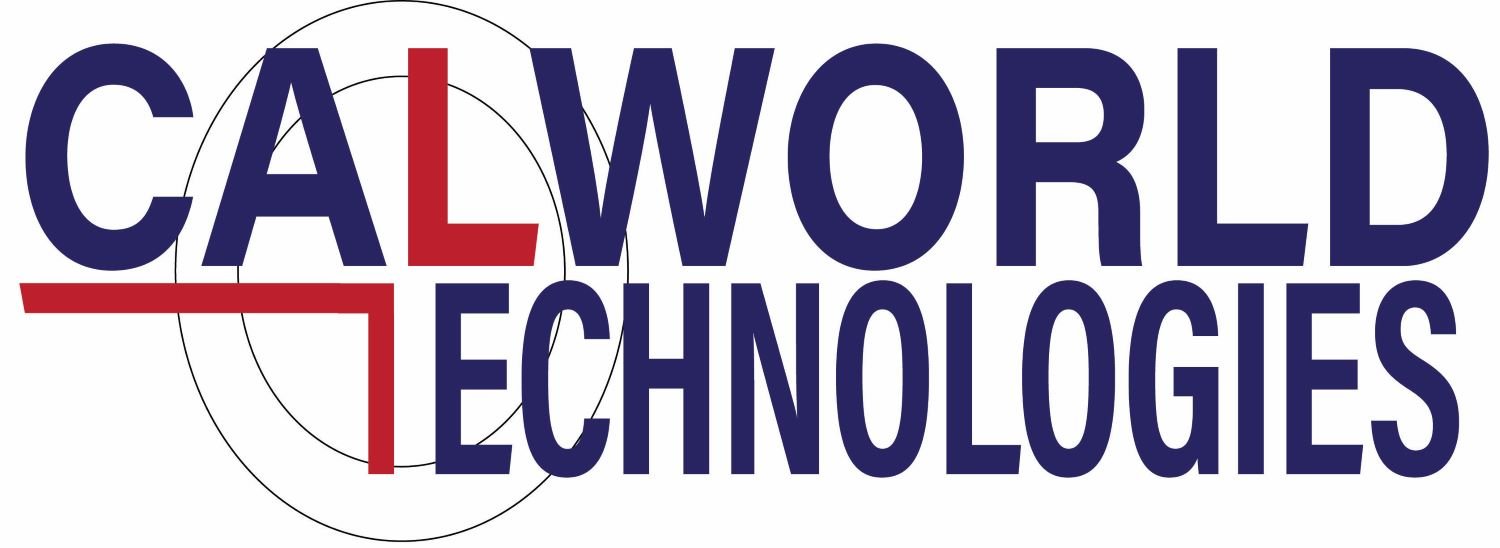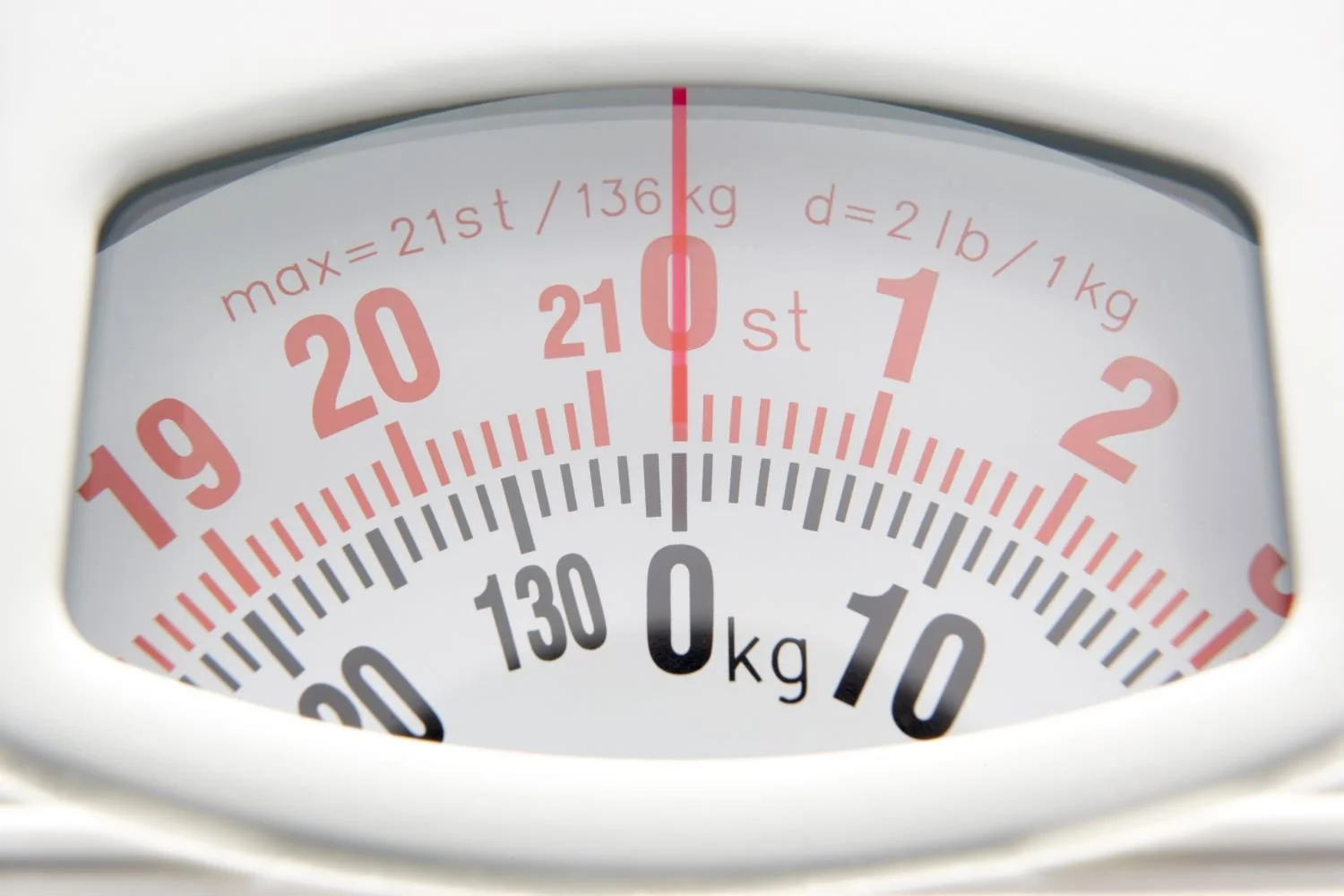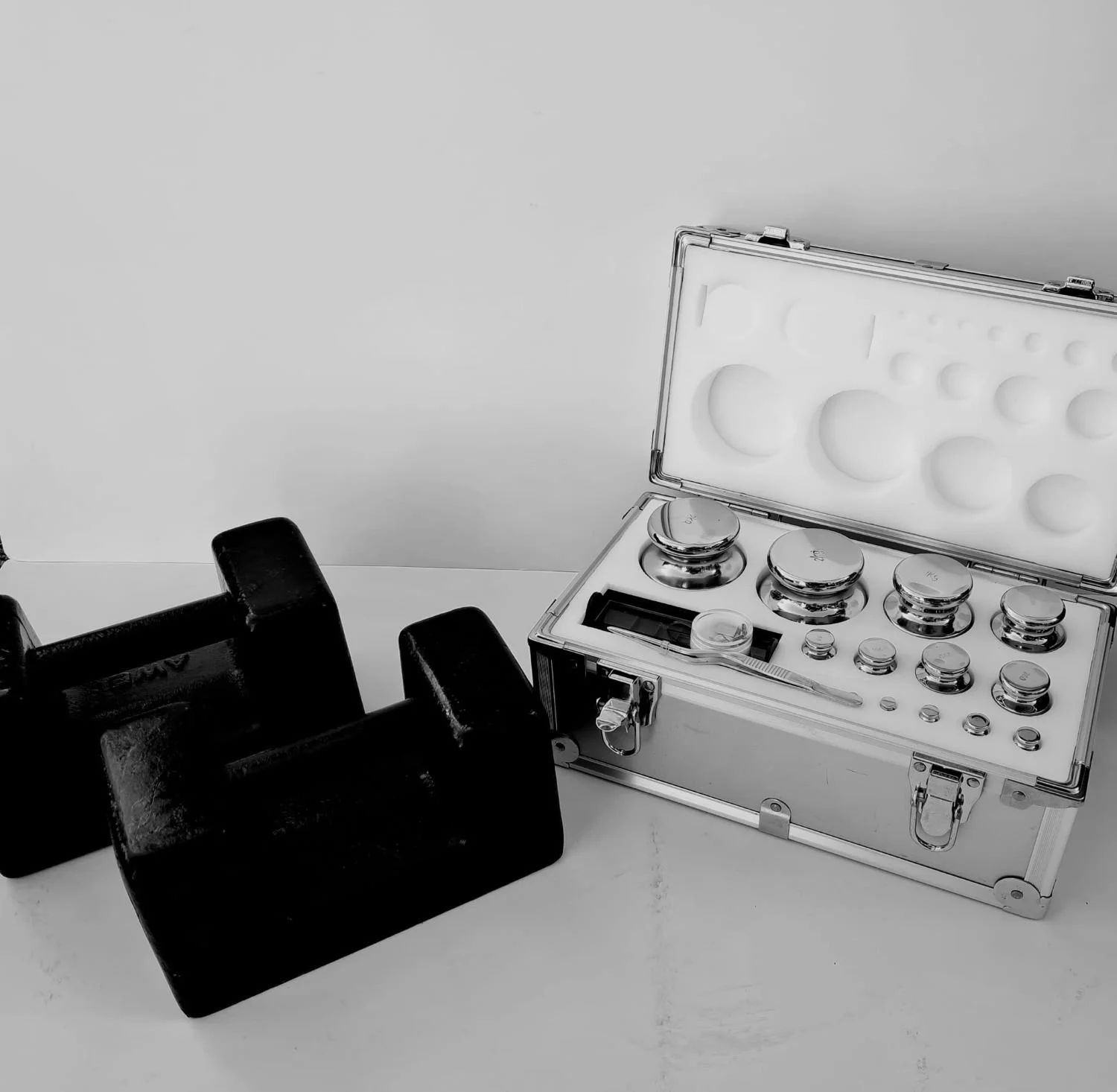Scale and Balance Calibration Service
The importance of calibrating weighing scales and balances is essential and crucial. Whether the weighing instruments are used in pharmaceutical laboratories or warehouses, it is vital that the scales maintain their accuracy. Regulatory bodies, internal quality assurance guidelines and customers may audit and demand specific accuracies from the scales which impact the final quality of the product.
Scales, balances and weights are often heavily used instruments in settings such as laboratories, manufacturing and quarries. As such, gravimetric deviations in readings are inevitable. This calls for frequent calibrations to be conducted to ensure that the accuracy remains within a tolerable and compliable range.
The team at Calworld Technologies is highly skilled in calibrating, servicing and repairing scales of any “make and model” with a low turnaround time. We aim to give you a piece of mind so that you can use your scales and balances knowing that they are functioning accurately. Contact us today to find out more!
DIGITAL SCALES CALIBRATION
Weight scale calibration services include calibrations of both digital scales and analogue scales. Digital scales use digital sensors to measure weight, whereas analogue scales use a mechanical spring system. Although digital scales calibration services are more common today, analogue scales are still subject to inaccurate readings. A similar confusion exists between the terms scale and balance. Although the terms “scales” and “balances” are used interchangeably in everyday life, the technical definitions of scales and balances are different.
Scales measure weight.
Balances measure mass.
Calibrated weights measure the accuracy of a scale or balance.
FREQUENTLY ASKED QUESTIONS
-
The surface of the scale or balance is cleaned to ensure a flat surface. Standard test weights are placed on the weighing instrument and the measurement is taken. Variances are calculated from the master reading and the unit under test (U.U.T). Any inaccuracies are then adjusted for. It is important to use the appropriate class of test weights when conducting the calibration for a digital scale or balance.
-
The frequency depends upon a number of factors. If the weight scales are used very frequently, then they should be calibrated more frequently than the weighing scales used a few times a week. Our technicians will suggest the appropriate frequency with you to ensure that your instruments always remain accurate.



